What are Biomolecules?
Biomolecules are like the building blocks of life. They are molecules that living organisms, like plants and animals, need to survive and function properly. These molecules are made up of smaller units called atoms, which are the basic particles that makeup everything around us. There are four main types of biomolecules: carbohydrates, proteins, lipids, and nucleic acid. Where carbohydrates are like the energy suppliers, providing fuel for our bodies. Proteins are like the workers, helping with growth, repair, and many other functions.
Lipids are like storage units, storing energy and providing structure to cells. Nucleic acids are like information carriers, storing and transmitting genetic information. Each biomolecule plays a crucial role in keeping living things alive and functioning. For example, carbohydrates give us energy to move and think, proteins help build muscles and fight off infections, lipids protect our organs and store energy for later use, and nucleic acids carry the instructions that make us who we are.
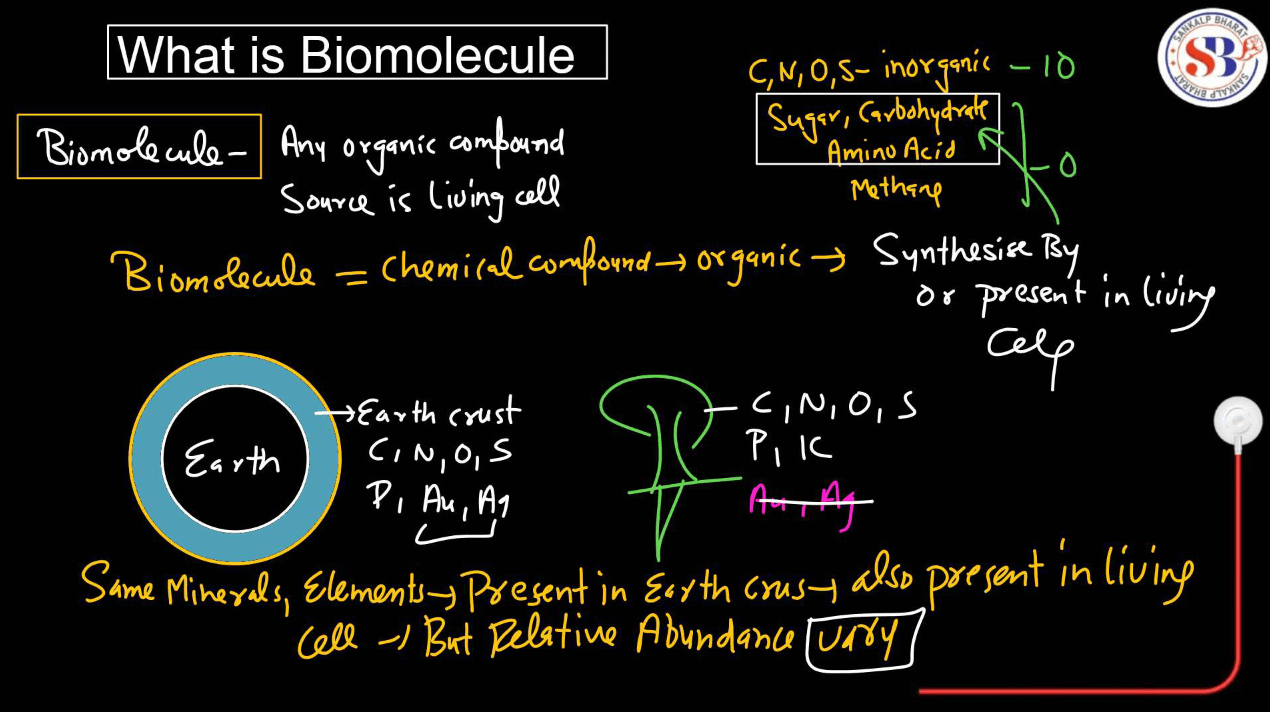
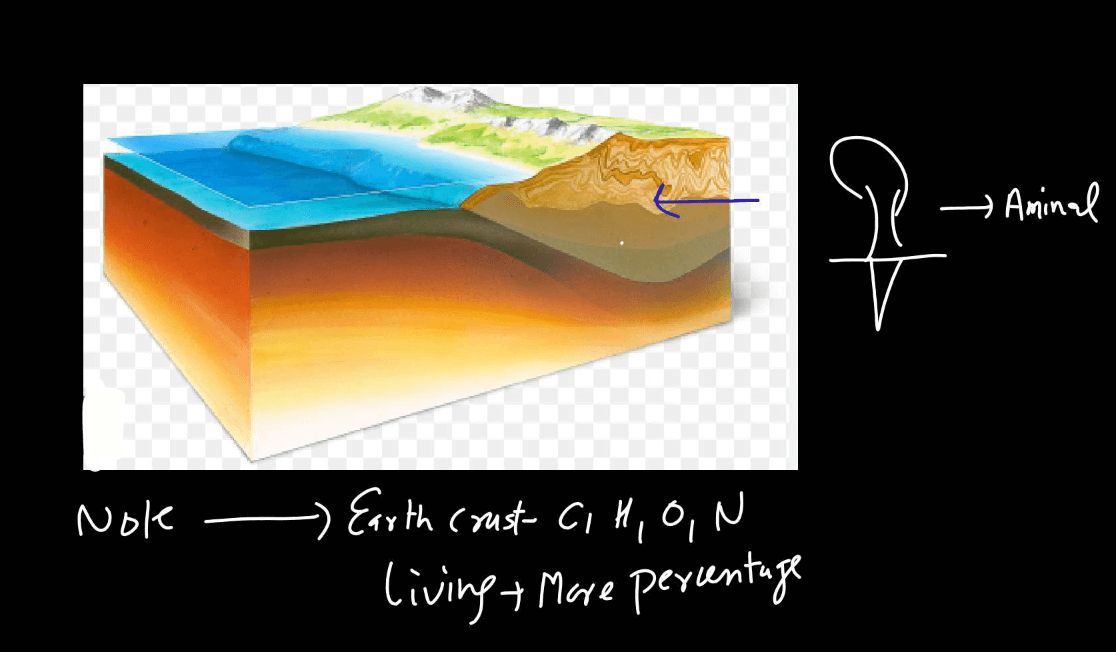
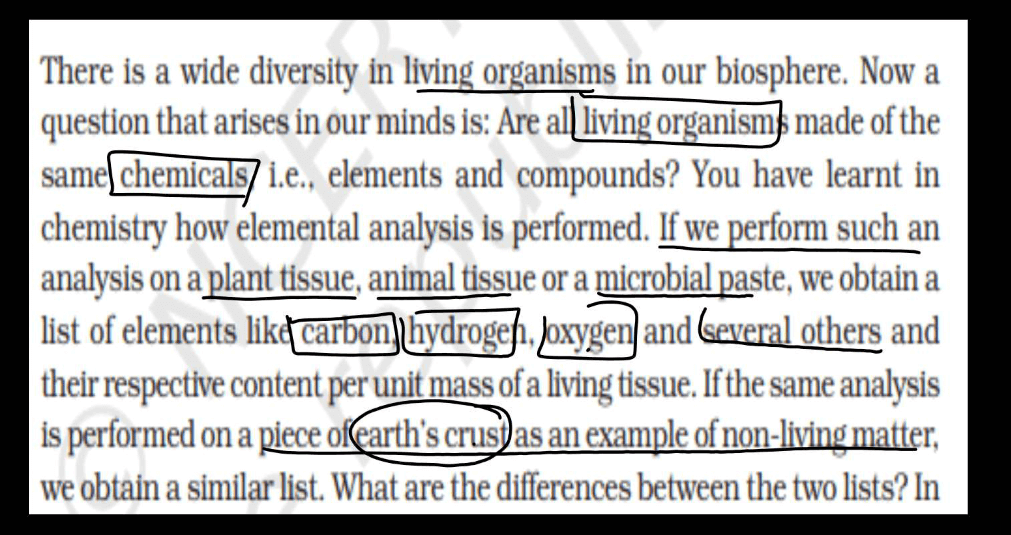

What are the Different Types of Biomolecules
There are four different types of Biomolecules and they are: Carbohydrates, Proteins, Lipids, and Nucleic acid. Other details are discussed in the table below.
| Different Types of Biomolecules | |
| Types | Description |
| Carbohydrates | Carbohydrates are sugars, starches, and fibers found in Fruits, grains, Vegetables, and milk products. They provide energy and are essential for cell structure. |
| Proteins | Proteins are made up of amino acids and are involved in various cellular functions like enzymes for chemical reactions, structural components, transporters, and antibodies for immune response. |
| Lipids | Lipids include fats, oils, waxes, and steroids. They are important for energy storage, cell membrane structure, and signaling molecules like hormones. |
| Nucleic Acid | These are DNA (Deoxyribonucleic Acid) and RNA (Ribonucleic acid). They carry genetic information and are crucial for protein synthesis and cellular processes. |
Carbohydrates
Carbohydrates are one of the main types of nutrients found in food, and they are your body’s preferred source of energy. They are made up of carbon, hydrogen, and oxygen atoms. Carbohydrates are commonly found in foods like bread, pasta, rice, fruits, vegetables, and sweets. There are two main types of carbohydrates: Simple carbohydrates and complex carbohydrates. Where simple carbohydrates, like sugars, are quickly digested by our body and provide a rapid source of energy.
However, they can cause a spike in blood sugar levels if consumed in large amounts. Complex carbohydrates are found in foods like whole grains, legumes, and starchy vegetables. These complex carbohydrates take a longer time to digest, providing a more sustained release of energy. These foods also contain fiber, which is important for digestive health. Overall, carbohydrates play a crucial role in fueling your body and should be included as part of a balanced diet.
Proteins
Proteins are another important nutrient that plays a fundamental role in the structure and function of our bodies. They are made up of smaller units called amino acids, which are linked together in chains. There are 20 different amino acids that can combine in various ways to form proteins. Proteins have several important functions in the body:
- Building Blocks: They are the building blocks of muscles, bones, skin, hair, and other tissues.
- Enzymes: Proteins act as enzymes, facilitating chemical reactions in the body.
- Hormones: Some proteins, like insulin, are hormones that regulate various processes.
- Immune System: Antibodies, which help defend against infections, are also proteins.
- Transportation: Proteins transport molecules such as oxygen in the blood (hemoglobin).
Lipids
Lipids are a type of biological molecule that includes fats, oils, and waxes. They are essential for life and play various roles in our bodies. Lipids are made up of carbon, hydrogen, and oxygen atoms, but unlike carbohydrates, they have a higher proportion of hydrogen and less oxygen. In simple terms, think of lipids as the body’s energy storage units. They store more energy per gram than other molecules, making them an efficient fuel source.
Additionally, lipids are vital for cell membranes, helping cells maintain their structure and function. They also play a role in insulation, protecting our bodies from extreme temperatures, and are involved in signaling processes within the body. So, lipids are not just about fates, they are crucial for our overall health and well-being.
Nucleic Acid
Nucleic acids are crucial molecules found in all living organisms, like DNA and RNA. They carry genetic information that determines an organism’s traits and functions. Imagine them as the instruction manual or blueprint for life. DNA (deoxyribonucleic acid) is like a library storing genetic information. It is composed of four building blocks called nucleotides – adenine (A), thymine (T), cytosine (C), and guanine (G) – arranged in a double helix structure.
RNA (ribonucleic acid), on the other hand, helps in transplanting the genetic code from DNA into proteins that perform various functions in the cell. RNA is made from a single strand of nucleotides with uracil (U) instead of thymine (T). Together, DNA and RNA are fundamental to life processes, from passing genetic traits to regulating cell functions. They are like the intricate coding languages that drive the functioning of living organisms.
Uses of Biomolecules
Biomolecules play a crucial role in various biological processes and are essential for life. These are just a few examples of how biomolecules are essential for various biological functions, highlighting their diverse roles in maintaining life processes. Here are some of their key uses:
- Energy Storage and Transfer: Biomolecules like carbohydrates (glucose, glycogen), lipids (triglyceride), and ATP (adenosine triphosphate) store and transfer energy within cells.
- Structural Support: Proteins such as collagen provide structural support to tissues like skin, tendons, and bones. Carbohydrates like cellulose contribute to the structural integrity of Plant cell walls.
- Cell Signaling: Biomolecules like hormones (e.g., insulin, adrenaline) and neurotransmitters (e.g., dopamine, serotonin) are involved in cell signaling, regulating various physiological processes and coordinating activities within the body.
- Enzymatic Reactions: Enzymes, which are proteins, catalyze biochemical reactions in cells. They accelerate the rate of these reactions, making them vital for metabolism and other cellular processes.
- Immune Response: Antibodies (immunoglobins), a type of protein, play a crucial role in the immune system by recognizing and neutralizing foreign substances (antigens) such as bacteria and viruses.

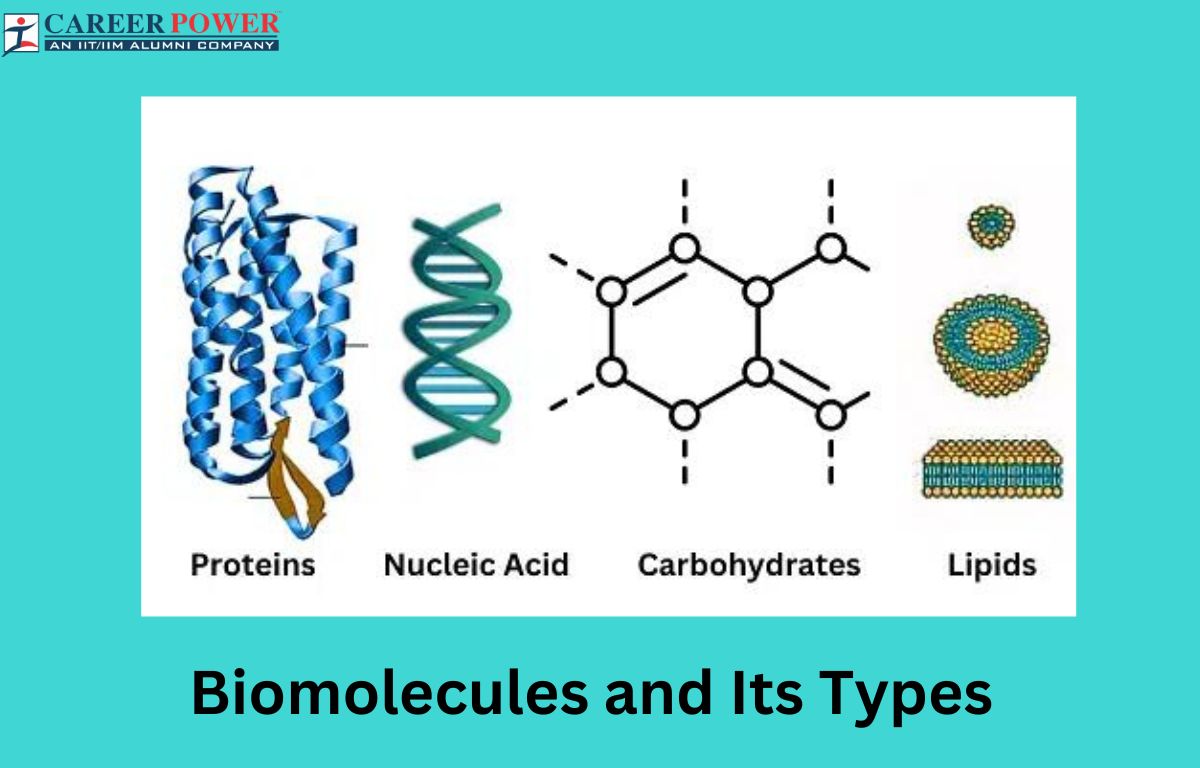

 50 Vegetables Name for Kids in English a...
50 Vegetables Name for Kids in English a...
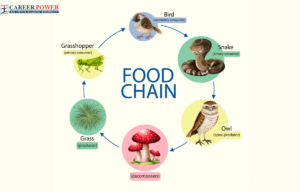 Food Chain: Definition, Types, Examples,...
Food Chain: Definition, Types, Examples,...
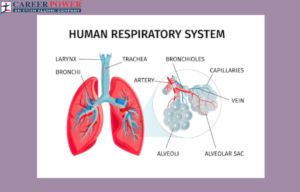 Human Respiratory System: Definition, Di...
Human Respiratory System: Definition, Di...













